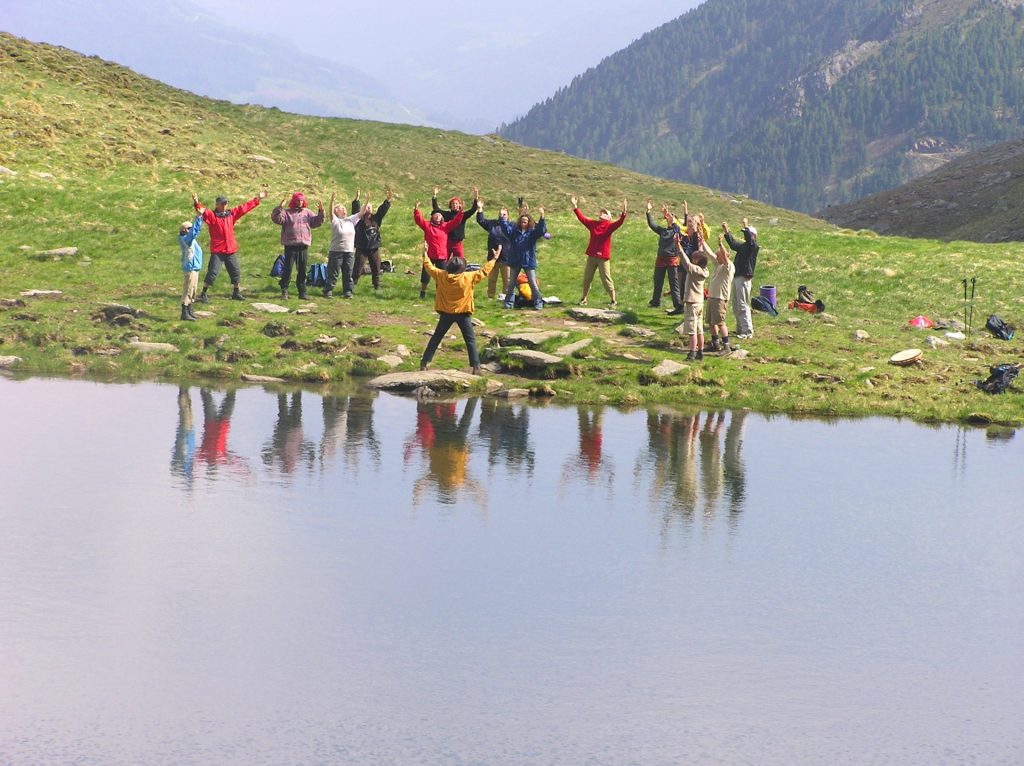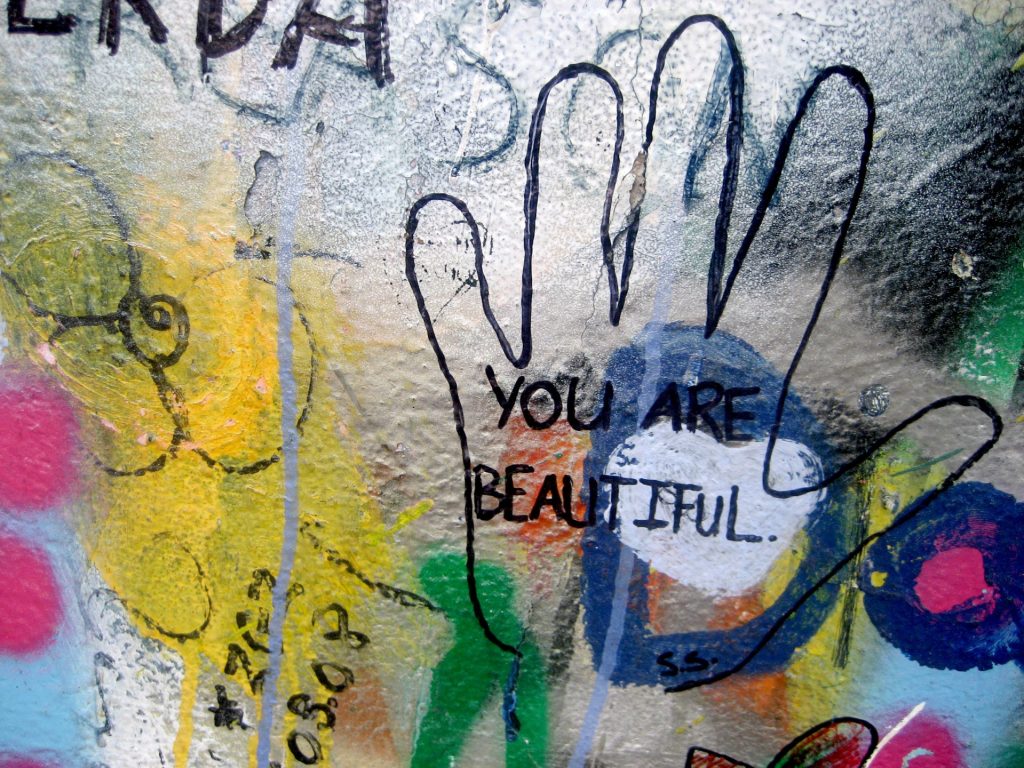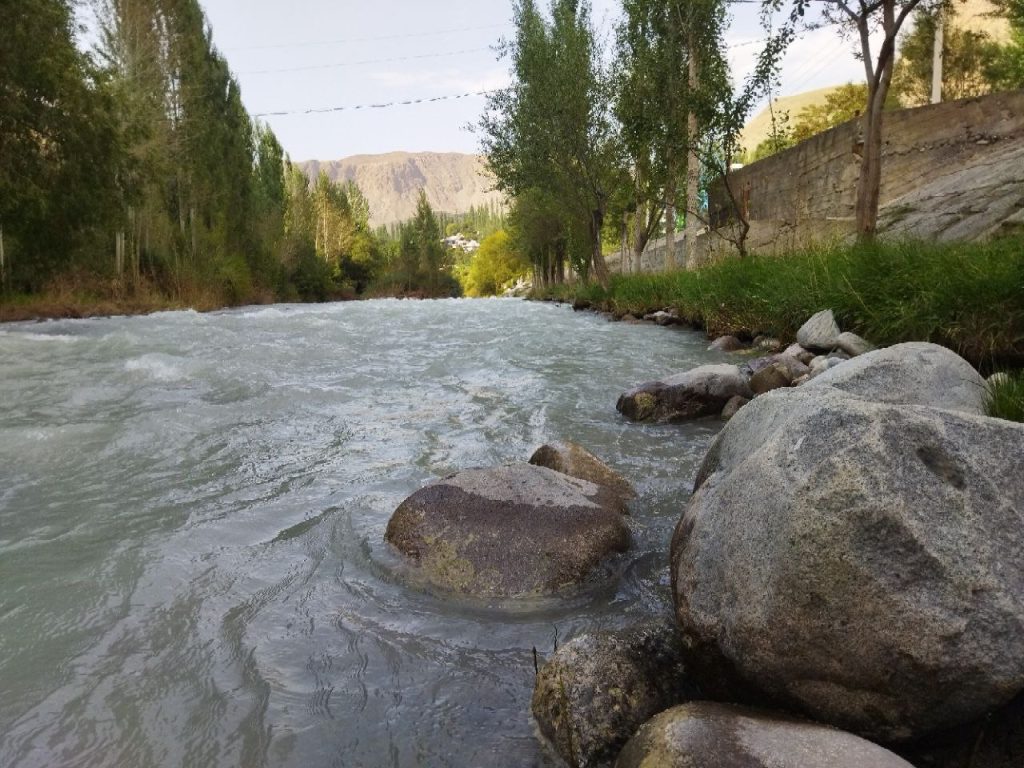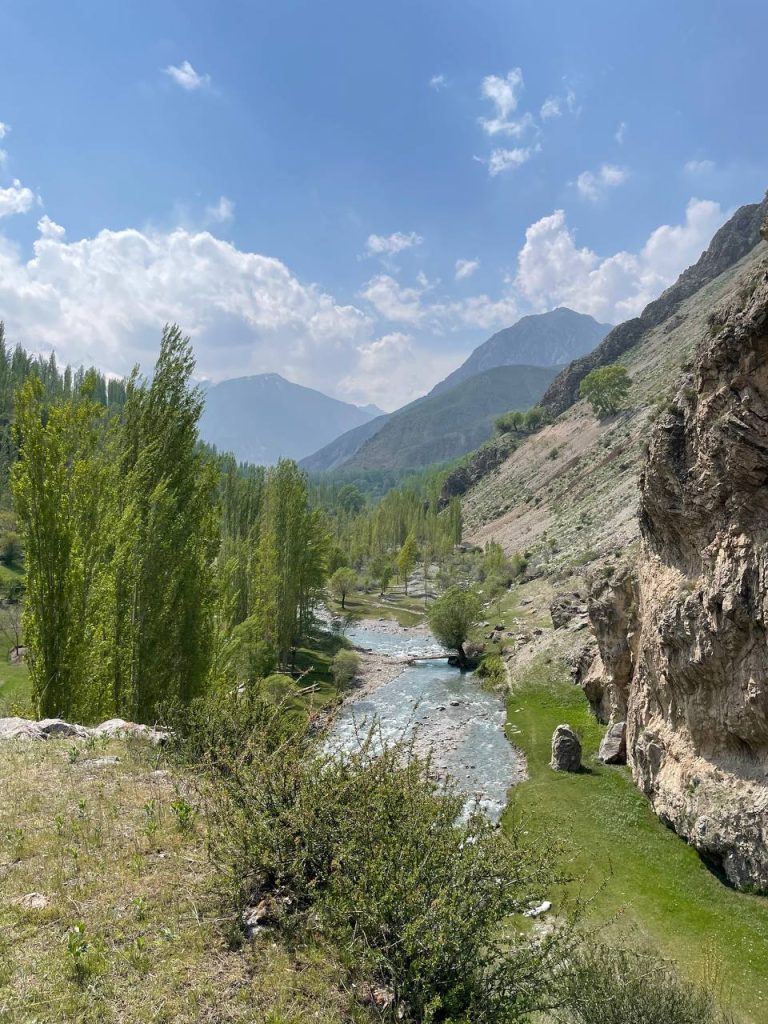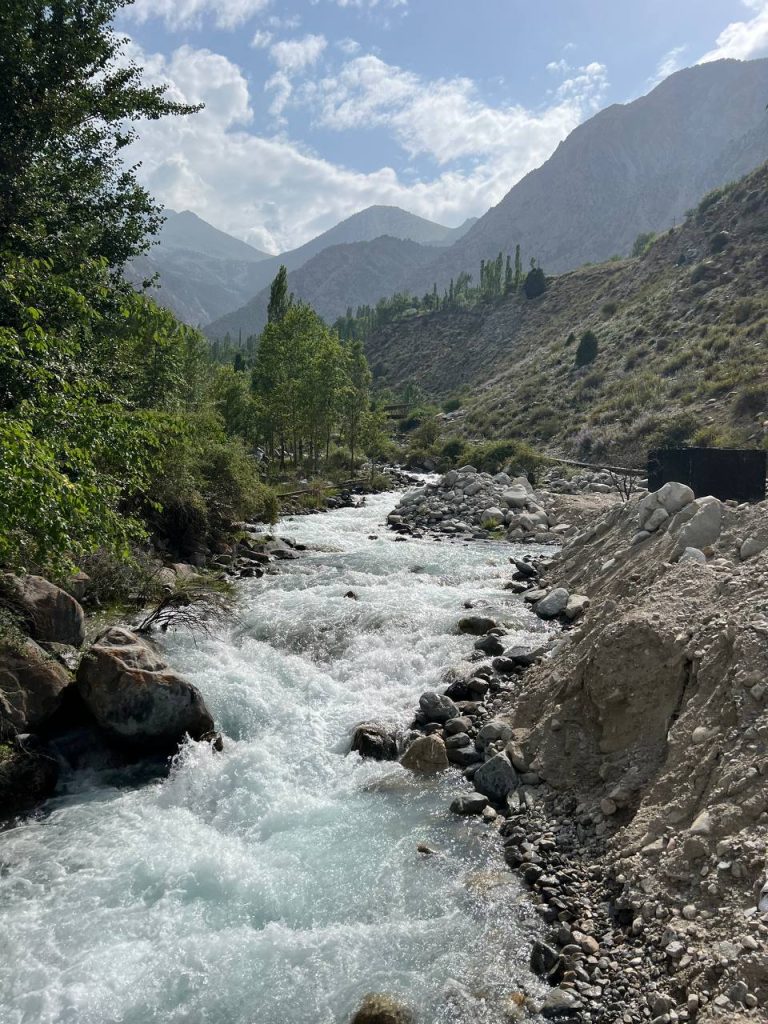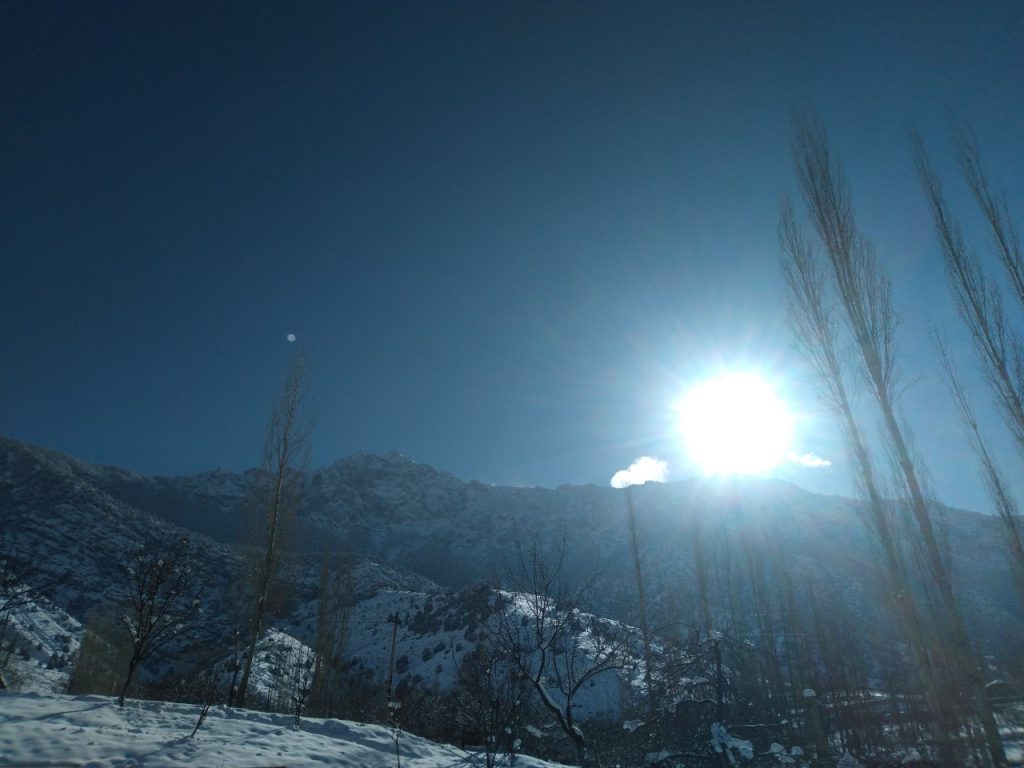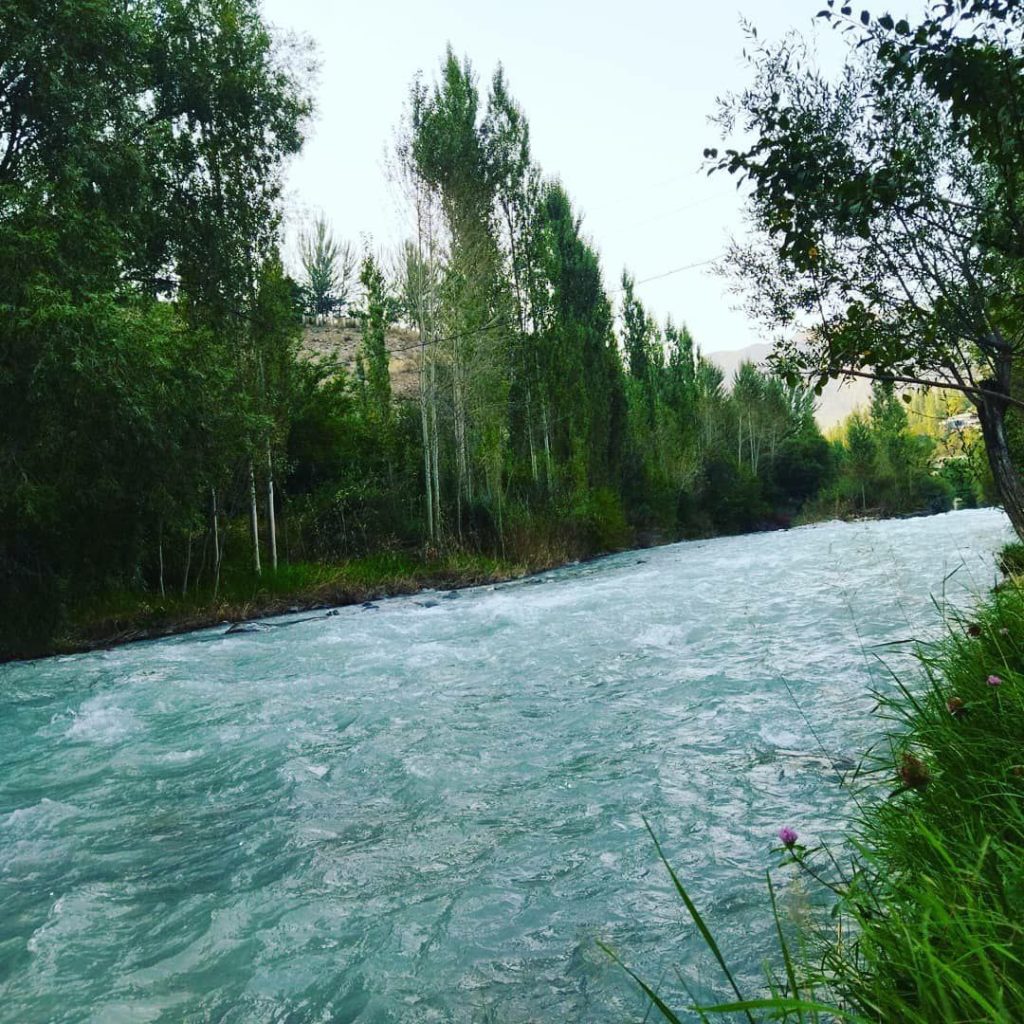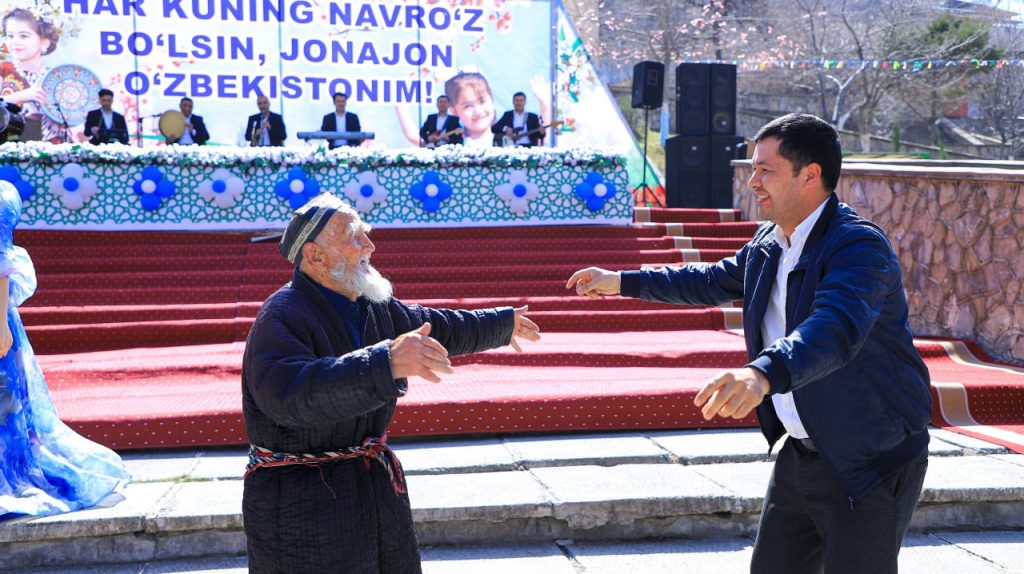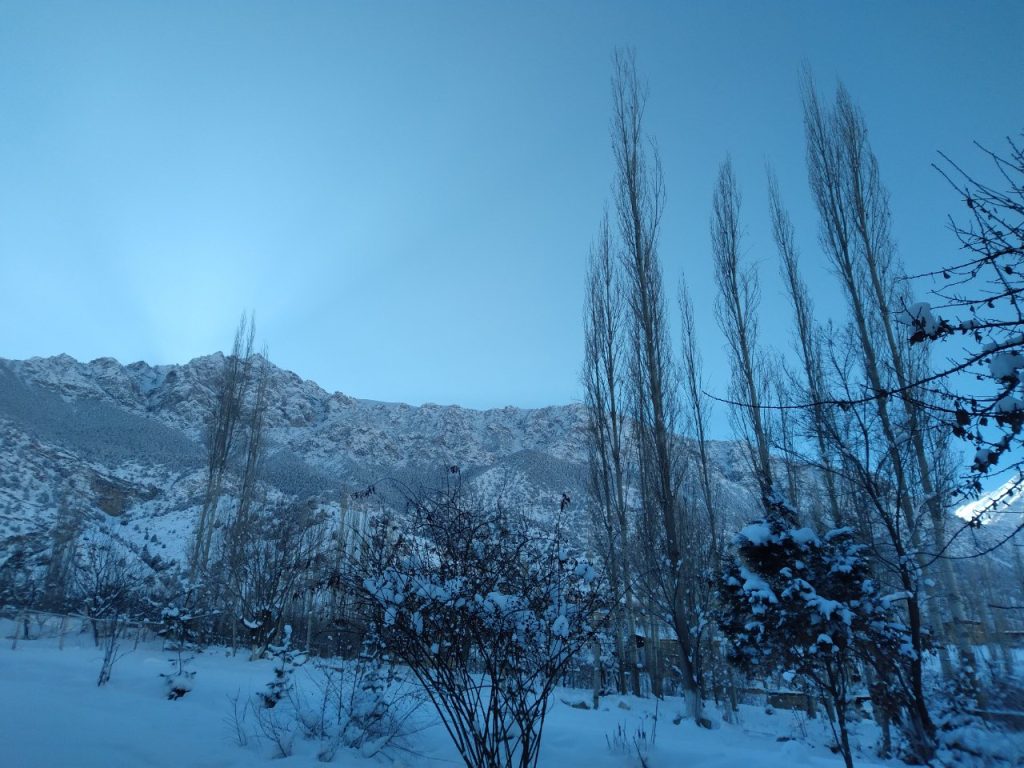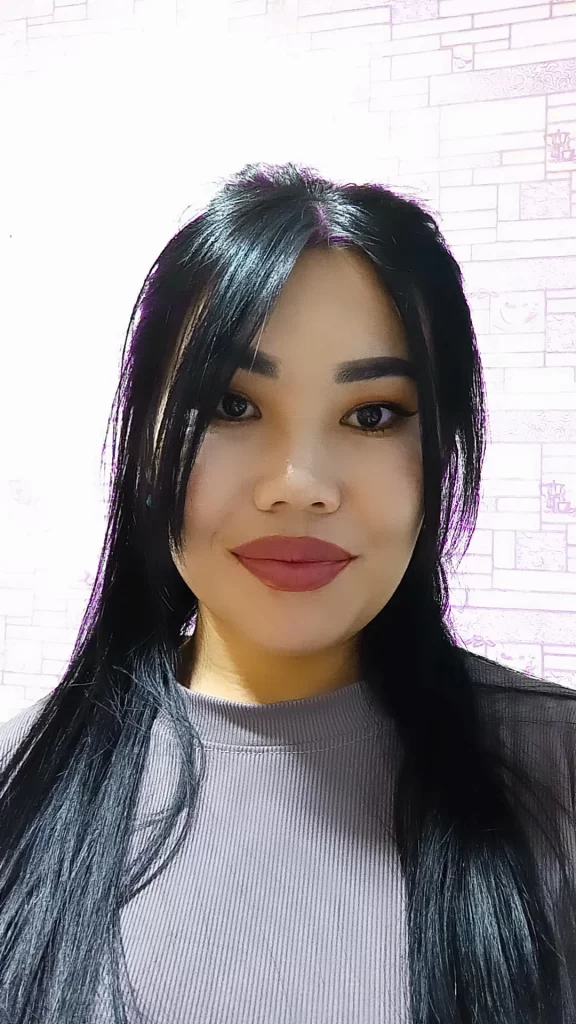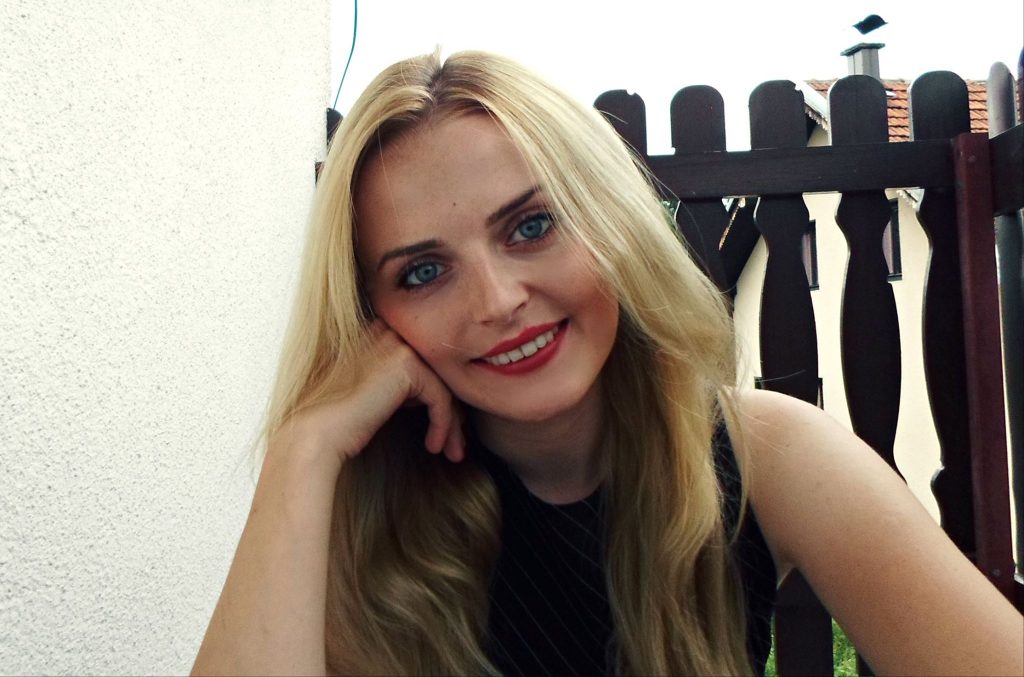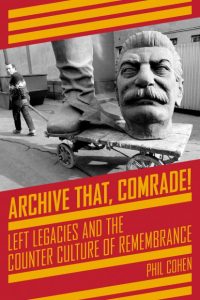
Reviewed by A. Iwasa
Archivist and memoirist, Phil Cohen, who had been active in the London underground scene from 1965-’78 examines what it even means to be an archivist, and the importance of intention when recording the past so its lessons are accessible to future generations. Cohen was not professionally trained as an archivist or a historian, which makes these lessons so much more valuable: they were learned doing the work.
Cohen diligently end noted sources so you can follow up on the various threads of debate on issues regarding the larger questions of subjects from traditional archiving’s defenders and opponents.
Cohen was trained as an anthropologist, which he acknowledges had its downsides, but at least fieldwork was present tense and gave him insight into what people remember, a form of archiving in and of itself.
Coming out in 2018, all of these debates have the extra layers of digital culture and the alt-right, and the acknowledgement that archiving takes resources and to avoid making it activism.
Cohen also goes back to previous generations of radicals like Antonio Gramsci and Guild Socialists, and looks to the past lessons they could act on like moots, debate assemblies from mediaeval times really bringing to life the intergenerational dialectic.
A little humor also sneaks in early when Cohen quotes a primary school student who thinks Noah’s Ark was an archive. But he doesn’t leave it nestled between dictionary definitions and Adorno and Foucault quotes, Cohen goes on to draw the parallels between an ark and an archive before starting to delve in depth to the pros and cons of archiving. By cons I mean he doesn’t shy away from some of the worst examples such as a British colonial archive in Hanslope Park which had been kept secret because of the brutal acts it recorded.
Again and again theoretical questions about neutrality and archiving to resist change are interwoven with the practical applications with concrete examples like the Benjamin’s Arcades Project, archiving 19th century Paris, or the opening of the East German secret police, Stasi, archives.
I’m not sure if it’s meant to be funny, but writing about the risk of an archive “becoming a prop in the psychodrama of the collector’s secret passion” was a little too easy for me to relate to. A similar barb about some 1960s memoirs as “a never-coming-of-age story” as Cohen steers the discussion towards counter culture along with many others had me cackling like a mad man, at myself as much as anything else, through much of the text. To be clear, this isn’t pure fawning about the past. Cohen is willing to question if it’s relevant now, even as just a cautionary tale.
Questions about navigating the tension between radical Leftism and the counter culture are explored, with Cohen essentially having had feet in both worlds as a squatter. He even excerpts from a novel about a squat called 144 Piccadilly! Cohen also archived mainstream and tabloid coverage of the squats, and made a point of displaying it at a space called May Day Rooms rather than a more conventional venue as to keep it in the broader context of 1960s radicalism.
Cohen questions if the Left even has a future, as he tries to situate the questions left over from the 1960s to this day, before writing about oral traditions and burying or burning possessions instead of archiving or distributing them, and different ways of dealing with the emotions connected to death.
Cohen is on rapid fire going from concept to concept, but it’s methodical. Ways of interpreting history are examined next. Is it an inheritance? A progression? In turn, the industries that emerge around all these things from nostalgia to bereavement are also mentioned, systematically looking at things from the conventional, Left or Right, and various factions within.
In fact, here I want to change gears a bit as a reviewer, since this is the sort of text, dense in a good way with at least one noteworthy things consistently in every paragraph. As an ex-participant in the Infoshop Movement, still experimenting with collective living, I think this book should be recommended reading for everyone involved in a radical library or bookstore, and every radical librarian, museum and bookstore worker trying to figure out how to make their volunteer spaces or workplaces relevant to social change.
It’s not that I think Cohen answers all the big questions of building and maintaining a worthwhile archive, I do think he’s asking the questions in a more comprehensive way than I’ve seen elsewhere. This can easily serve as the basis for an ongoing conversation with plenty of suggestions of other things to read and watch to advance this dialogue.
Plus aside from the meticulous end noting, frequently with multiple sources cited, there’s a hefty further reading list for those who really want to get into it.
Also, this text is fairly short, but I still ended up taking three different sets of notes. One for this review, another to read list, then a set of notes for my own wingnut obsessions I don’t feel like writing about here. I find that remarkable!
Perhaps most importantly, to be clear, Cohen was a participant in the New Left era still writing in 2018 so I don’t think I can emphasize enough the value in such a long view of both struggling for social change, and how to archive that history in a meaningful way. As Cohen writes in the text, “Manifestos have only tried to change the world; the task for the Living Archivist is to interpret them, to provide the resources which will help us decide if they are genuinely performative or merely acts of wish fulfilment.”
For those who didn’t catch the reference, Cohen was essentially doing a Marxist headstand, which I think was spot on. For every Old and New Left barb or twist that I caught, I’m sure there was another that I missed because I’m not English and was born in 1980.
But that’s part of the genius of this book. I think that and other such lines are a perfect use of Marxian dialectics as a tool to understand how archives can be build, radical and relevant, rather than simply looking at the Old and New Lefts with religious reverence alone.
I think this is the clincher: if the Old and New Lefts were all that, we’d be living in some sort of Socialist Utopia right now, rather than the fast track for Dystopian Nightmares that would make Orwell and company spin in their graves. But if we look soberly and systematically at the Old and New Left’s triumphs and defeats, alongside other sources maybe was can get it right rather than just looking cool as we go flying over a cliff.
Cohen’s book strikes me as nothing short of one account of a Love affair with practical knowledge. Anarchival, to use his word!
For more info, please check: https://philcohenworks.com/



